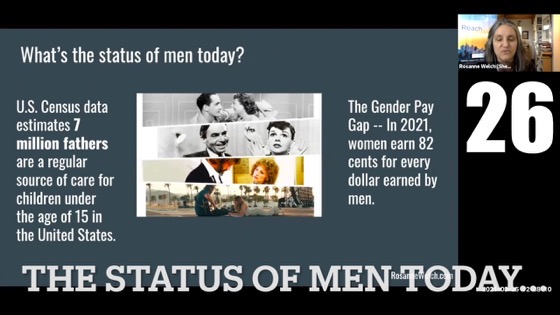Watch the entire presentation – Worry and Wonder | The Courier Thirteen Podcast | Episode # 29 here
Transcript:
…but I miss part of it right and you do miss trying to explain to people how it should be done because you can’t really do that on a tv show — maybe if you’re the showrunner but even then you’re hiring people that already know how to do it and they don’t want you to tell them how. They may listen to you and like roll their eyes because they have to because you’re paying the money but that’s not the same world right and I also think there wasn’t a lot of focus on women in this business for a long time and so I thought that was something that I could bring to a classroom was to really bring forward more young women who would be ready to tackle this business and really have a true understanding of it. So they’d know what to expect and sort of how to work around some of the bullshit and you know be good enough not to fall into any traps. So I just thought it would be you know — and I live in LA and TV comes and goes. You don’t always know when the next show will sell or when you get staffed on something. So good back — you know it’s always a good background if — I’ll just do this for a while and move and you know change around so.
It’s always fun to sit down with students and share stories about entering the television industry and how things work at all stages and I had that opportunity the other day.
Daniela Torres, a just-graduated (Congratulations!) student of the Columbia College Semester in LA program asked me to guest on a podcast she had recently begun hosting with another college student she met during her internship (good example of networking in action!).
We could have talked all morning (the benefit of a 3 hour class session) but we held it to about an hour and fifteen minutes or so. Hopefully, along the way I answered some questions you might have about how the business works. So often it amounts to working hard at being a better writer and gathering a group of other talented, hard-working people around you so you can all rise together.
Dr. Rosanne Welch is a television writer with credits that include Beverly Hills 90210, Picket Fences, ABCNEWS: Nightline and Touched by an Angel. She also teaches Television Writing and the Art of Film at San Jose State University.
Rosanne discusses what made shows like Beverly Hills 90210 compelling, what to do and not to do when attempting to pitch a show to broadcast or streaming, what most young writers neglect in their writing process, and much more!
The Courier Thirteen Podcast is available on YouTube, Spotify, Apple Podcasts, SoundCloud, and Audible.
Podcast: Play in new window | Download
Subscribe: RSS
![39 More On Teaching? from Worry and Wonder | The Courier Thirteen Podcast [Video]](https://rosannewelch.com/wp-content/uploads/2022/03/rmw-courier-13-29.jpg)
![31 Eleanor Roosevelt from Concord Days: Margaret Fuller in Italy [Video]](https://rosannewelch.com/wp-content/uploads/2022/03/rmw-concord-day-2021-fuller-rome-31.jpg)


![13 Even More On D. C. Fontana From Women in Early TV for the American Women Writers National Museum [Video]](https://rosannewelch.com/wp-content/uploads/2022/02/rmw-visible-stars-early-tv-13.jpg)

![04 My Writing from The Difficulties and Delicacies of Writing the First Female Doctor in 50+ years [Video] [Doctor Who]](https://rosannewelch.com/wp-content/uploads/2022/02/rmw-whocon-2021-chibnall-04.jpg)
![38 Why Teaching? from Worry and Wonder | The Courier Thirteen Podcast [Video]](https://rosannewelch.com/wp-content/uploads/2022/02/rmw-courier-13-38.jpg)
![30 Fuller, Native Americans, and Sociology from Concord Days: Margaret Fuller in Italy [Video]](https://rosannewelch.com/wp-content/uploads/2022/02/rmw-concord-day-2021-fuller-rome-30.jpg)

![12 More On D. C. Fontana From Women in Early TV for the American Women Writers National Museum [Video]](https://rosannewelch.com/wp-content/uploads/2022/02/rmw-visible-stars-early-tv-12.jpg)
![03 Russell T Davies from The Difficulties and Delicacies of Writing the First Female Doctor in 50+ years [Video] [Doctor Who]](https://rosannewelch.com/wp-content/uploads/2022/02/rmw-whocon-2021-chibnall-03.jpg)